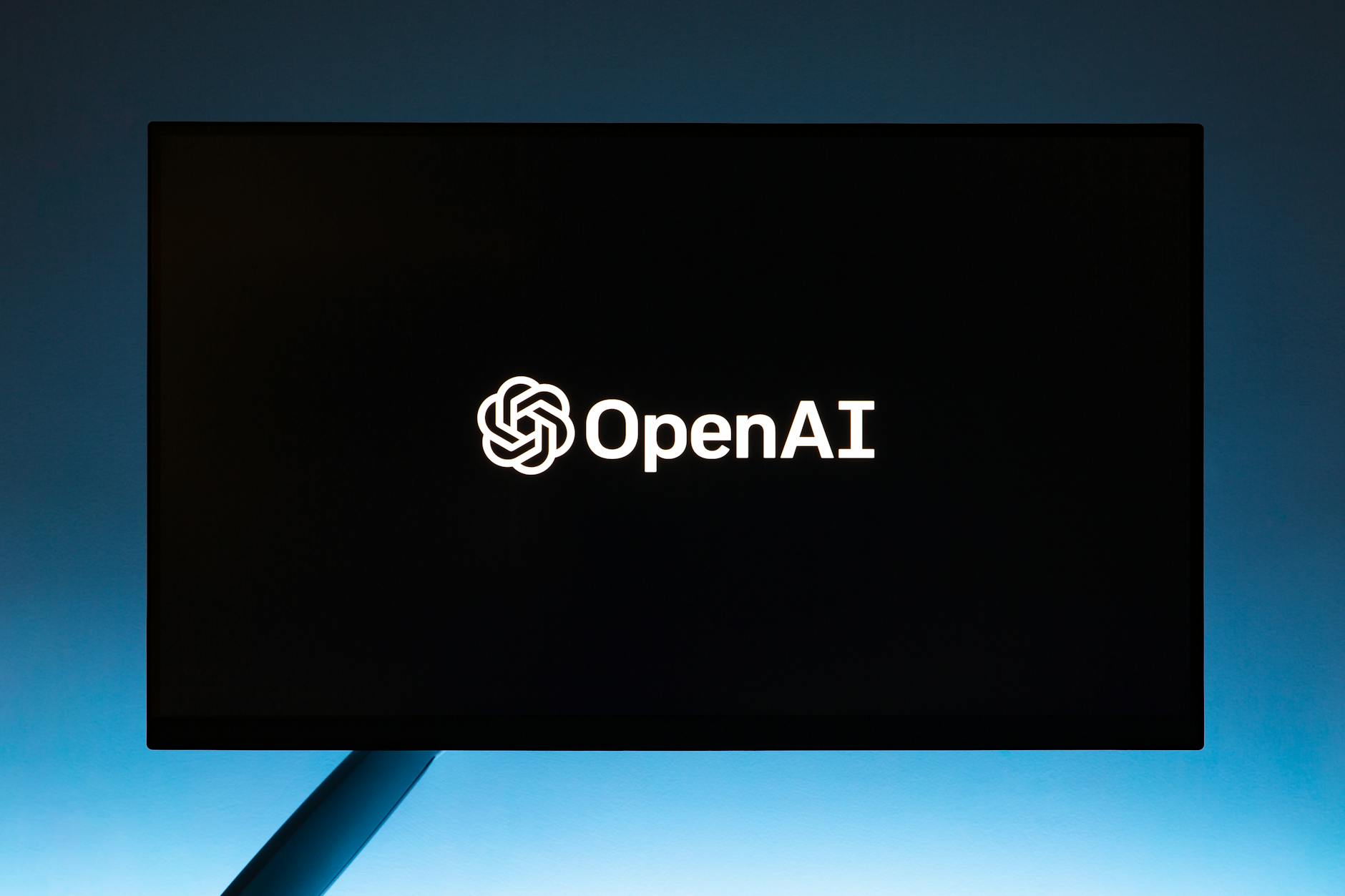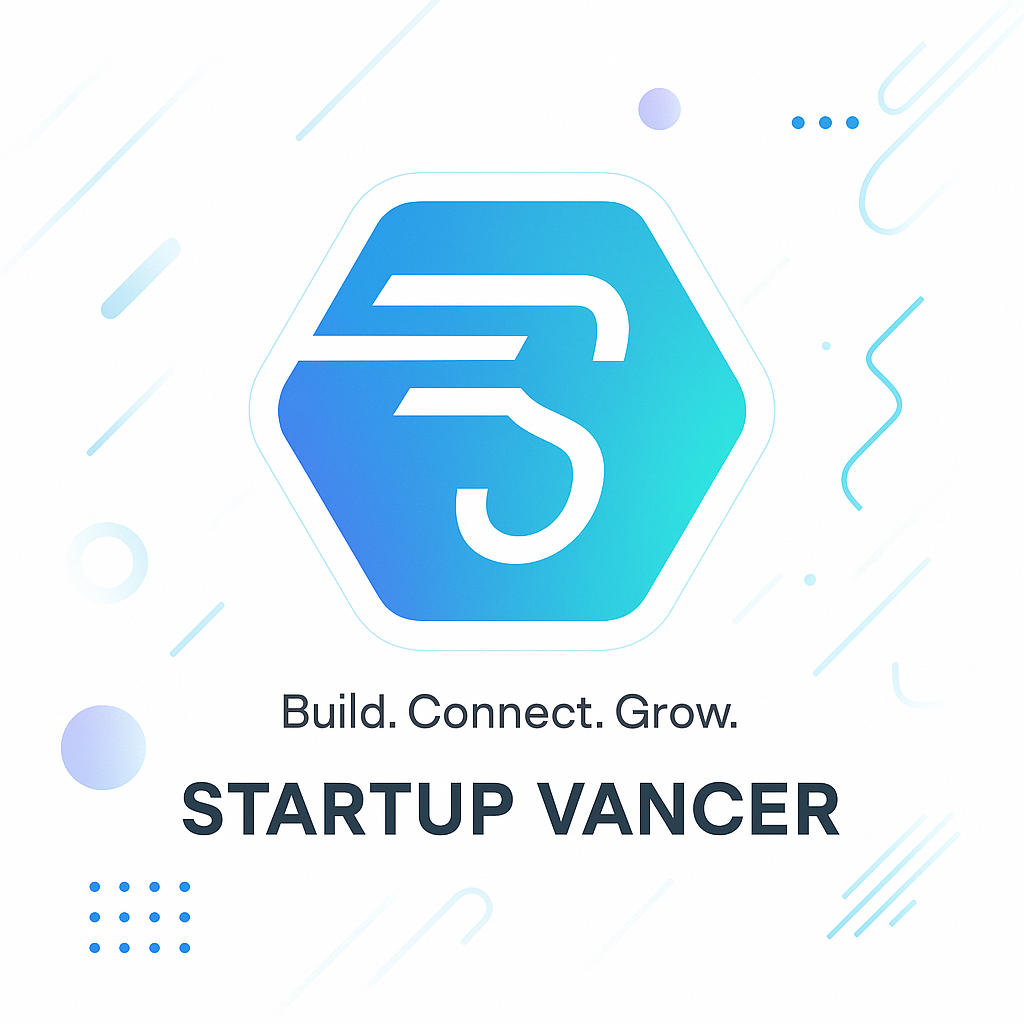
As businesses increasingly turn to technology for growth, AI startups are leading the charge by harnessing the power of machine learning to create groundbreaking solutions. In this guide, you’ll discover how you can leverage AI solutions to develop intelligent products that revolutionize everyday experiences. From enhancing healthcare and education through personalized services to automating business processes for heightened efficiency, the potential for innovation is vast. By exploring these key areas, you can fuel your imagination and ignite your journey in the dynamic landscape of machine learning startups. Join us as we delve into how you can capitalize on these opportunities and transform challenges into innovative solutions.
AI for Everyday Products
Incorporating AI solutions into everyday products can trigger transformative innovations, leading to enhanced user experiences and improved functionality. If you’re considering starting a new venture within this exciting domain, think about how machine learning can be leveraged to create intelligent products that simplify daily tasks and enhance convenience.
A common category where AI is proving indispensable is in smart home devices. For instance, voice-activated assistants like Amazon Alexa or Google Home utilize machine learning algorithms to understand and respond to user commands. By analyzing voice patterns and preferences, these devices continuously improve their performance, making homes more efficient and user-friendly. When designing your own smart product, focus on user interface and adaptability. These elements will ensure your device not only performs tasks effectively but also learns and evolves based on user feedback.
Another exciting opportunity lies in AI-powered health and fitness applications. These apps can monitor user activity, diet, and even mental health by making sense of vast amounts of personal data. Implementing personalized health recommendations based on user activity can greatly enhance motivation and well-being. Specifically, consider integrating your app with wearables like smartwatches to collect real-time data and create customized health plans.
To get started, here’s a brief overview of key components to consider when developing AI-focused everyday products:
| Component | Description |
|---|---|
| User Experience (UX) | Design intuitive interfaces that simplify user interaction. |
| Data Collection | Gather extensive user data for machine learning algorithms. |
| Adaptive Learning | Ensure the product learns from user interactions and feedback. |
| Privacy and Security | Implement robust data protection measures to maintain user trust. |
| Integration | Allow seamless connectivity with other devices and platforms. |
Emphasizing these elements will help in creating intelligent products that resonate with users. As you venture into this evolving landscape, harnessing the power of AI opens up limitless possibilities to produce groundbreaking innovations that meet daily consumer needs. Whether you’re automating tasks or personalizing experiences, combining human-centric design with machine learning startup insights will propel your success.

AI in Healthcare and Education
Artificial intelligence is revolutionizing industries, particularly in healthcare and education, creating immense opportunities for machine learning startups. Embracing AI solutions in these fields enables founders to develop intelligent products that address pressing challenges while enhancing user experience. Here’s how AI can inspire innovative ventures in these crucial sectors.
Transforming Healthcare Services
AI is fundamentally reshaping healthcare by providing advanced tools for diagnostics, patient care, and operational efficiency. Startups that leverage AI can focus on the following areas:
| Application | Description |
|---|---|
| Predictive Analytics | AI algorithms analyze patient data to predict health outcomes, allowing for proactive interventions. |
| Telemedicine Solutions | AI-powered platforms facilitate remote consultations, making healthcare accessible to underserved populations. |
| Personalized Medicine | Startups can use AI to tailor treatment plans based on individual genetic and lifestyle factors, improving overall healthcare effectiveness. |
| Administrative Automation | AI tools can streamline administrative tasks, such as scheduling and billing, allowing healthcare providers to focus on patient care. |
Modernizing Education
In the education sector, AI offers transformative solutions that enhance learning experiences and administrative efficiency. Here are key areas for entrepreneurial exploration:
| Application | Description |
|---|---|
| Adaptive Learning Systems | AI analyzes student performance in real-time to tailor learning experiences and materials according to each learner’s needs. |
| Intelligent Tutoring Systems | Startups can develop AI tutors that provide personalized guidance and support, making education more engaging and effective. |
| Course Recommendation Engines | AI-driven platforms can suggest courses based on user preferences and performance, enhancing students’ pathways to success. |
| Administrative Efficiency | AI solutions can automate tasks like grading and enrollment management, freeing educators to focus more on teaching. |
Creating Intelligent Products
Innovative startups can harness the power of AI to create products that seamlessly integrate into healthcare and education settings. For instance, consider developing an AI-enabled wearables that monitor vitals in real-time or learning management systems that use AI to assess student progress and adjust curricula dynamically. These intelligent solutions can lead to higher engagement levels, better patient outcomes, and overall improved performance.
AI is not just a tool but a catalyst for significant change in healthcare and education. By leveraging machine learning technologies, you can develop solutions that address current challenges, enhance experiences, and create immense value—empowering you to build a successful machine learning startup that not only thrives commercially but also contributes positively to society. Explore the wealth of opportunities that await in these fields and take the first step toward innovation.
Automating Business Processes with AI
In today’s fast-paced business environment, efficiency is more important than ever. Machine learning startups are leveraging artificial intelligence to transform traditional business processes into automated systems that save time, reduce errors, and enhance productivity. By harnessing AI capabilities, you can streamline operations, optimize resource allocation, and improve overall organizational performance. Here’s how you can automate your business processes effectively.
Firstly, identify repetitive tasks that can be automated. These could include data entry, invoicing, scheduling, and customer inquiries. AI solutions excel in handling these repetitive tasks with greater accuracy and less time than human workers. For instance, chatbots powered by natural language processing can efficiently manage customer service queries 24/7, drastically reducing wait times and allowing human agents to focus on more complex issues.
Next, consider integrating more specialized AI-driven tools. For example, platforms like Salesforce utilize AI to forecast sales and analyze customer interactions, allowing companies to tailor their sales strategies effectively. This level of personalization not only enhances customer satisfaction but also drives revenue growth. Moreover, platforms like HubSpot automate marketing tasks and lead tracking through intelligent algorithms, providing you with crucial insights without the need for extensive manual intervention.
Additionally, automation in project management tools can help you allocate resources and track progress seamlessly. Applications powered by machine learning analyze project data to predict completion times and deliver actionable insights. By implementing such intelligent products, businesses can make informed decisions that can accelerate project delivery and minimize delays.
To further illustrate the impact of AI on business processes, consider a comparison of manual versus automated workflows:
| Task | Manual Process Duration | AI-Powered Automation Duration | Error Rate |
|---|---|---|---|
| Data Entry | 10 hours | 1 hour | 5% |
| Customer Support Queries | 15 hours | 2 hours | 10% |
| Invoice Processing | 8 hours | 30 minutes | 3% |
As shown in the table, automating business processes not only saves time but also significantly reduces the error rate, which can lead to cost savings and improved customer trust.
Lastly, a successful transition to AI-powered automation requires careful planning. Collaborate with a machine learning startup that specializes in AI solutions to develop a tailored strategy for your unique business needs. By partnering with experts in the field, you can ensure that your automation initiatives are not only efficient but also aligned with your long-term business goals, paving the way for a future-ready organization. Embracing these innovations will not only enhance your operational capabilities but could also position your business as a leader in automation within your industry.
Frequently Asked Questions
What are AI startups and why are they gaining popularity?
AI startups are companies that use artificial intelligence technology to create innovative products or services. They are gaining popularity because AI enables startups to automate processes, analyze vast data sets, and improve efficiency, which significantly reduces operational costs. This allows them to maintain smaller teams while achieving rapid growth and operational scalability. The potential of AI to solve complex problems across various industries—including healthcare, finance, and education—fuels their appeal and supports their rising valuations.
How do AI startups leverage small teams to achieve high valuations?
AI startups often achieve high valuations despite having small teams by harnessing the power of AI to enhance productivity and automate tasks traditionally performed by larger groups. For instance, these startups can use algorithms and machine learning to analyze data, deliver insights, and manage customer relations, enabling them to operate with fewer employees. This lean operational model, combined with innovative business models and unique market positioning, allows them to attract significant investment and achieve unicorn status, often reported at billion-dollar valuations or more.
What are some examples of successful AI startups?
Numerous AI startups have made significant strides recently, demonstrating the versatility and impact of artificial intelligence. For example, startups like Safe Superintelligence, which focuses on advanced AI research, and Magic, known for its code assistance tools, have both been valued over a billion dollars while maintaining small teams. Another example is WisdomAI, which raised substantial funding to provide accurate data analytics solutions using ‘dirty’ data. Such examples illustrate how AI can empower innovative solutions and lead new businesses in various sectors.






